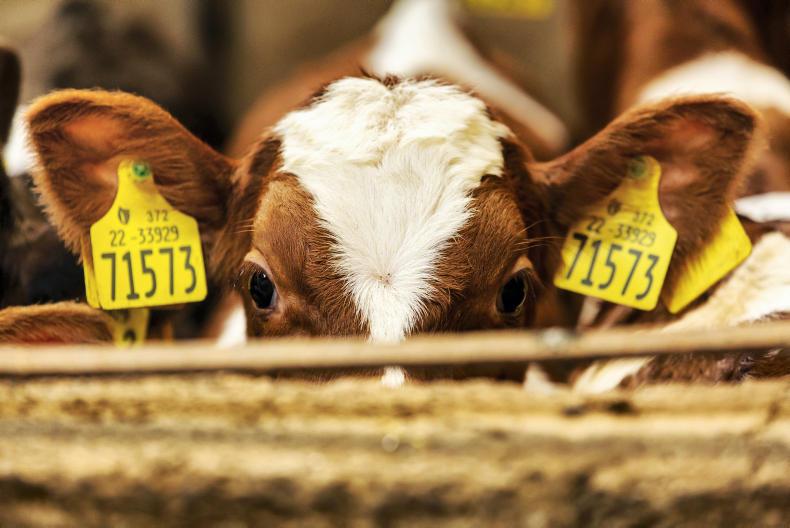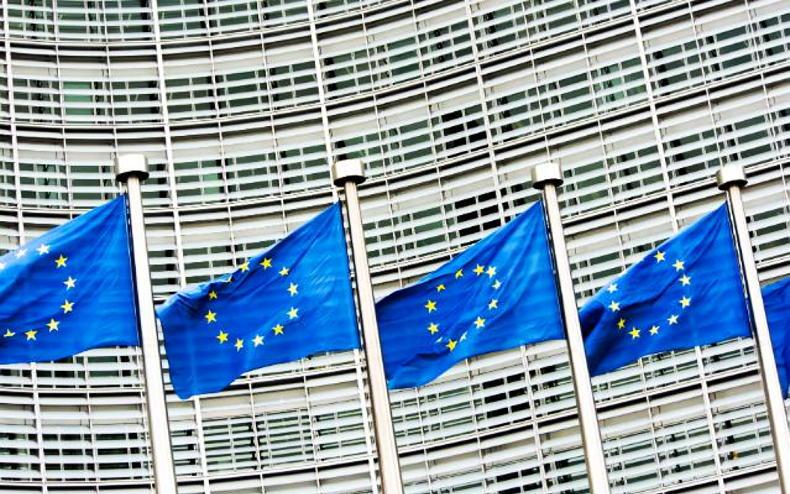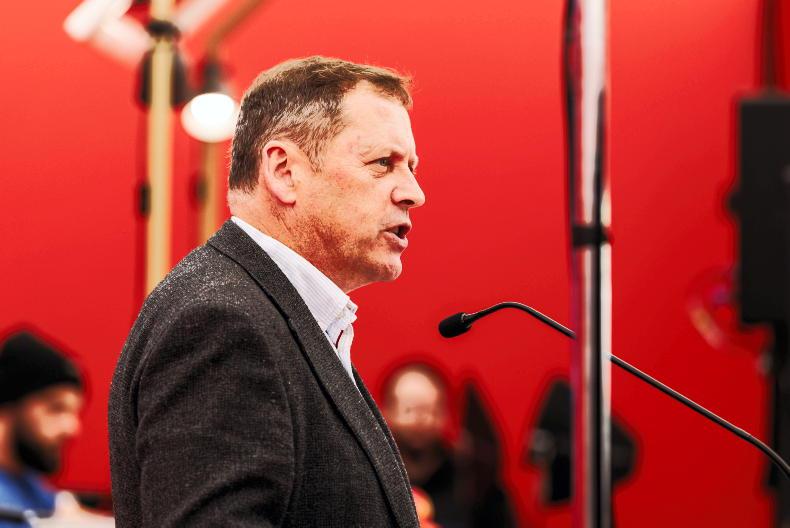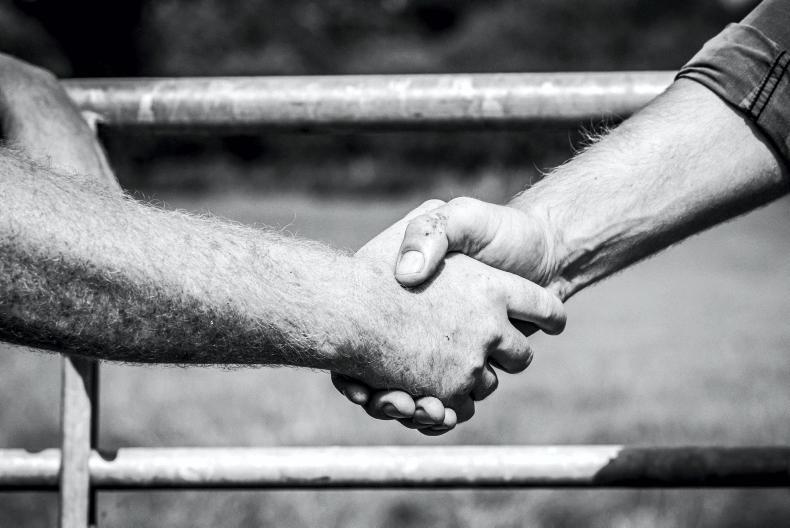A degree of wiggle room in regard to the definition of a “genuine farmer” seems to have been identified by the Department of Agriculture. Under the next Common Agriculture Policy (CAP), only genuine farmers are meant to receive payments but this has sparked debate among farm organisations over how to define a genuine farmer.
Many part-time farmers working off-farm have been concerned they could see their payments cut if the definition only takes into account farmers whose sole business is farming.
Pluriactive
However, Department of Agriculture documents seen by this newspaper show that officials have highlighted that the European Commission has stated that part-time pluriactive (active in farming and other areas) farmers should not be excluded from supports.
Irish officials will have the power to create their own definition
Although the definition will have to be signed off by Brussels, Irish officials will have the power to create their own definition of what constitutes a genuine farmer.
Some farmers may still be cut out of payments and the official line in the documents continues that support should not be “provided to those whose agricultural activity forms only an insignificant part of their overall economic activities or whose principal business activity is not agricultural”.
Funding
The documents also highlight concerns over funding for the next CAP saying that its share of the EU budget will be reduced from 37.6% to 28.5% post-2020 in the multiannual financial framework (MFF).
“For Ireland, the original proposals would mean that our allocation of CAP funding for the 2021-2027 period is €8.148bn in direct payments, and €1.853bn in rural development funding,” the documents say.
“This compares to €8.49bn over the period 2014-2020 for direct payments and €2.19bn for rural development funding.”
Results-based schemes
All indications point to the fact that Ireland’s schemes under the next CAP will be focused on results-based.
While some 50,000 farmers are currently in the agri-environment scheme GLAS, the Department states that the positive environmental impacts of the scheme have only been “moderate” which indicates that the next evolution of schemes will include more environmentally challenging measures for farmers.
Department officials have currently left the emissions target blank
To gain approval for such a future scheme from Brussels, the Department will need to outline how much the agricultural area used in the scheme will contribute to reducing GHG emissions by 2027. However, the Department officials have currently left the emissions target blank.
Some 40% of the overall CAP budget at EU level must contribute to “climate mainstreaming” with a further 30% of the Rural Development Programme, excluding Areas of Natural Constraint, must be focused on climate-related measures.
The documents say that a new mandatory eco scheme must be developed and Minister for Agriculture Barry Cowen has already committed €1.5bn to a new REPS-style scheme in Ireland.
Payment limit
A limit of between €60,000 to €100,000 on direct payment must also be set by the Department with minimum percentage reductions in three tiers between those amounts.
Additional money made available from the imposed limit will be redistributed among farmers. However, the documents point out that: “Ireland’s farm structures will mean that this cap on direct payments will only result in relatively small funding being available for any such redistribution if one were implemented.”
Read more
Compulsory EID tagging for cattle on the table
Farms and cattle to be graded for TB
A degree of wiggle room in regard to the definition of a “genuine farmer” seems to have been identified by the Department of Agriculture. Under the next Common Agriculture Policy (CAP), only genuine farmers are meant to receive payments but this has sparked debate among farm organisations over how to define a genuine farmer.
Many part-time farmers working off-farm have been concerned they could see their payments cut if the definition only takes into account farmers whose sole business is farming.
Pluriactive
However, Department of Agriculture documents seen by this newspaper show that officials have highlighted that the European Commission has stated that part-time pluriactive (active in farming and other areas) farmers should not be excluded from supports.
Irish officials will have the power to create their own definition
Although the definition will have to be signed off by Brussels, Irish officials will have the power to create their own definition of what constitutes a genuine farmer.
Some farmers may still be cut out of payments and the official line in the documents continues that support should not be “provided to those whose agricultural activity forms only an insignificant part of their overall economic activities or whose principal business activity is not agricultural”.
Funding
The documents also highlight concerns over funding for the next CAP saying that its share of the EU budget will be reduced from 37.6% to 28.5% post-2020 in the multiannual financial framework (MFF).
“For Ireland, the original proposals would mean that our allocation of CAP funding for the 2021-2027 period is €8.148bn in direct payments, and €1.853bn in rural development funding,” the documents say.
“This compares to €8.49bn over the period 2014-2020 for direct payments and €2.19bn for rural development funding.”
Results-based schemes
All indications point to the fact that Ireland’s schemes under the next CAP will be focused on results-based.
While some 50,000 farmers are currently in the agri-environment scheme GLAS, the Department states that the positive environmental impacts of the scheme have only been “moderate” which indicates that the next evolution of schemes will include more environmentally challenging measures for farmers.
Department officials have currently left the emissions target blank
To gain approval for such a future scheme from Brussels, the Department will need to outline how much the agricultural area used in the scheme will contribute to reducing GHG emissions by 2027. However, the Department officials have currently left the emissions target blank.
Some 40% of the overall CAP budget at EU level must contribute to “climate mainstreaming” with a further 30% of the Rural Development Programme, excluding Areas of Natural Constraint, must be focused on climate-related measures.
The documents say that a new mandatory eco scheme must be developed and Minister for Agriculture Barry Cowen has already committed €1.5bn to a new REPS-style scheme in Ireland.
Payment limit
A limit of between €60,000 to €100,000 on direct payment must also be set by the Department with minimum percentage reductions in three tiers between those amounts.
Additional money made available from the imposed limit will be redistributed among farmers. However, the documents point out that: “Ireland’s farm structures will mean that this cap on direct payments will only result in relatively small funding being available for any such redistribution if one were implemented.”
Read more
Compulsory EID tagging for cattle on the table
Farms and cattle to be graded for TB










SHARING OPTIONS